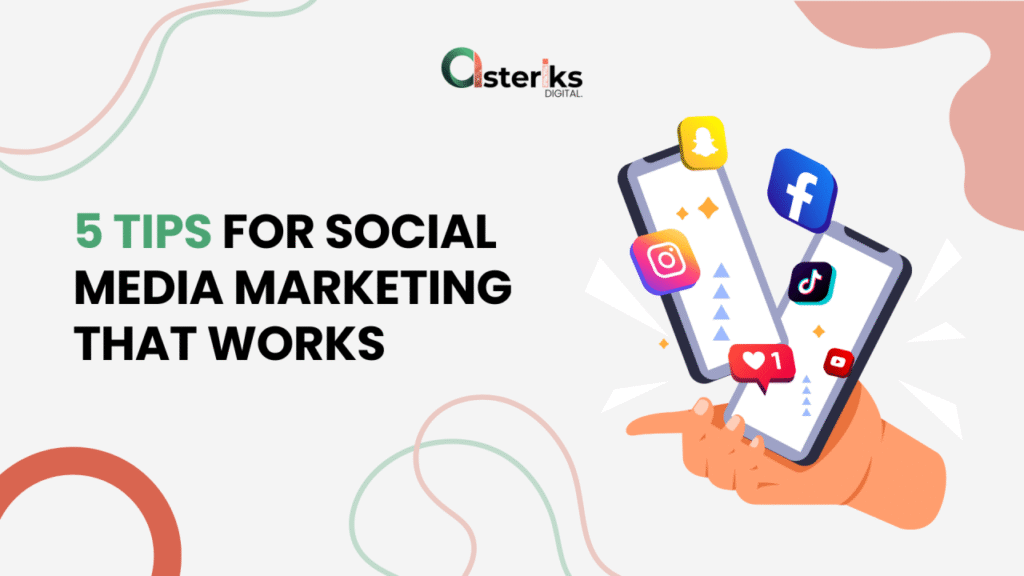Search
People also search for:
Factors to Consider Before Creating Social Media Content
Factors to Consider Before Creating Social Media Content
- Home
- Factors to Consider Before Creating Social Media Content
Factors to Consider Before Creating Social Media Content

Introduction
In 2025, social media isn’t just social—it’s strategic.
Every brand, creator, entrepreneur, and influencer competes for attention. The difference between a scroll-past post and a high-engagement viral hit lies in strategy before creativity.
“Don’t post for the algorithm. Create with purpose—and let the platform work for you.”
This guide is your complete blueprint. Whether you’re building content for a brand or your personal page, here’s what you must think about before hitting ‘publish.’
Why Planning Your Social Media Content Matter
Creating without strategy is like building a house without a blueprint. Social media content planning saves:
Time – You avoid random, last-minute content creation.
Money – You maximize ROI from your marketing budget.
Brand Reputation – You stay consistent and professional.
Audience Trust – You deliver value, not noise.
Understanding Your Audience
Why it matters: Knowing your audience is the cornerstone of effective communication.
Demographics: Age, gender, location, and occupation can influence content preferences.
Psychographics: Interests, values, and lifestyles provide deeper insight into what content will engage your audience.
Behavioral Patterns: Understanding when and how your audience interacts with content can guide posting schedules and formats.
Tip: Utilize tools like Facebook Insights or Instagram Analytics to gather data on your followers.
Defining Clear Objectives
Purpose-driven content yields better results.
Brand Awareness: Introduce your brand to a broader audience.
Engagement: Foster interactions through likes, comments, and shares.
Conversions: Drive actions such as purchases, sign-ups, or downloads.
Customer Support: Address queries and build trust.
Selecting the Right Platforms
Not all content fits every platform.
Facebook: Versatile; suitable for various content types.
Instagram: Visual-centric; ideal for images and short videos.
Twitter (X): Real-time updates; best for news and quick interactions.
LinkedIn: Professional content; great for B2B engagement.
TikTok: Short-form videos; appeals to younger demographics.
Crafting Compelling Content
Content is king, but context is queen.
Visual Appeal: High-quality images and videos capture attention.
Authenticity: Genuine content builds trust and relatability.
Value Addition: Informative or entertaining content encourages sharing.
Call-to-Action (CTA): Guide your audience on the next steps.
Timing and Frequency
When and how often you post can impact engagement.
Peak Hours: Identify when your audience is most active.
Consistency: Maintain a regular posting schedule to stay top-of-mind.
Avoid Overposting: Too much content can overwhelm and lead to disengagement.
Engagement and Community Building
Social media is a two-way street.
Respond Promptly: Address comments and messages to show you value your audience.
Encourage Interaction: Use polls, questions, and interactive content.
User-Generated Content: Share content created by your audience to build community.
Monitoring and Analytics
Measure to manage.
Key Metrics: Track likes, shares, comments, reach, and conversions.
A/B Testing: Experiment with different content types to see what resonates.
Feedback Loop: Use insights to refine and improve your content strategy.
Staying Updated with Trends
Adaptability is crucial in the ever-evolving social media landscape.
Platform Updates: Stay informed about new features and algorithm changes.
Industry Trends: Monitor what’s trending in your niche to remain relevant.
Audience Preferences: Be receptive to changing interests and feedback.
Conclusion
Creating impactful social media content requires a blend of strategy, creativity, and adaptability. By understanding your audience, setting clear objectives, choosing the right platforms, and continuously analyzing performance, you can craft content that not only reaches but also resonates with your audience.


